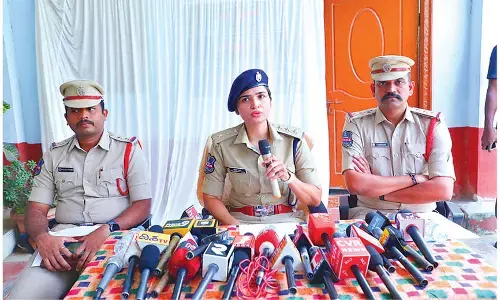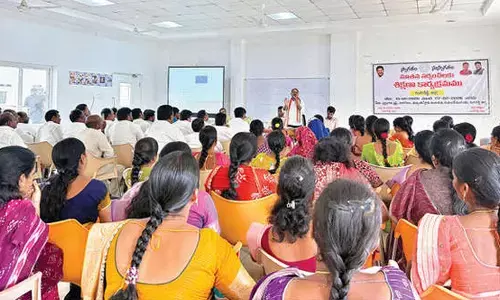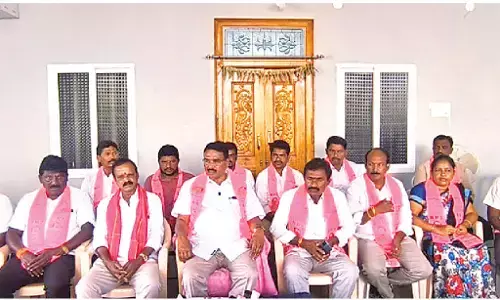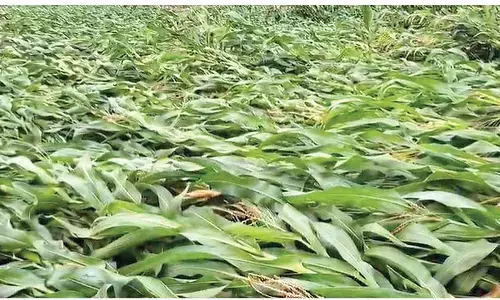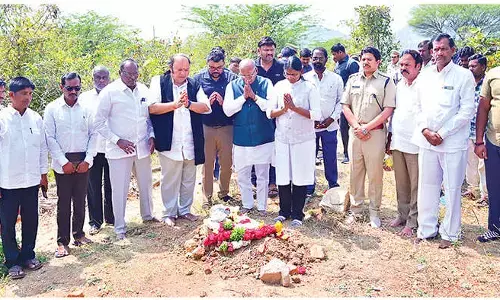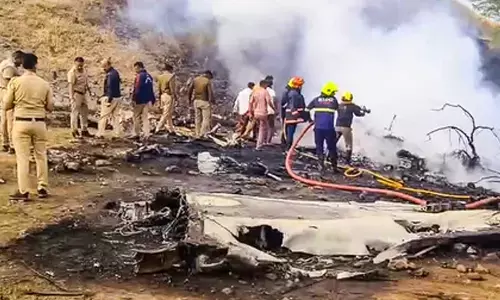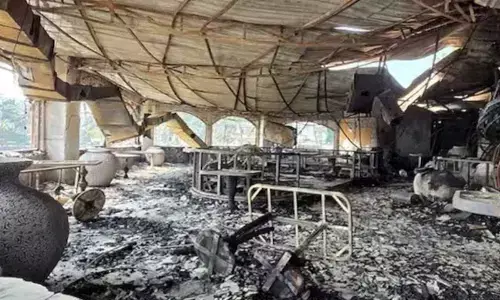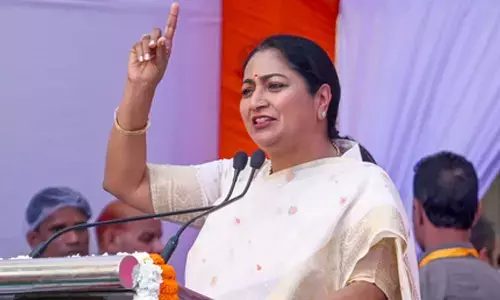WHO SEARO countries to meet in Delhi next week
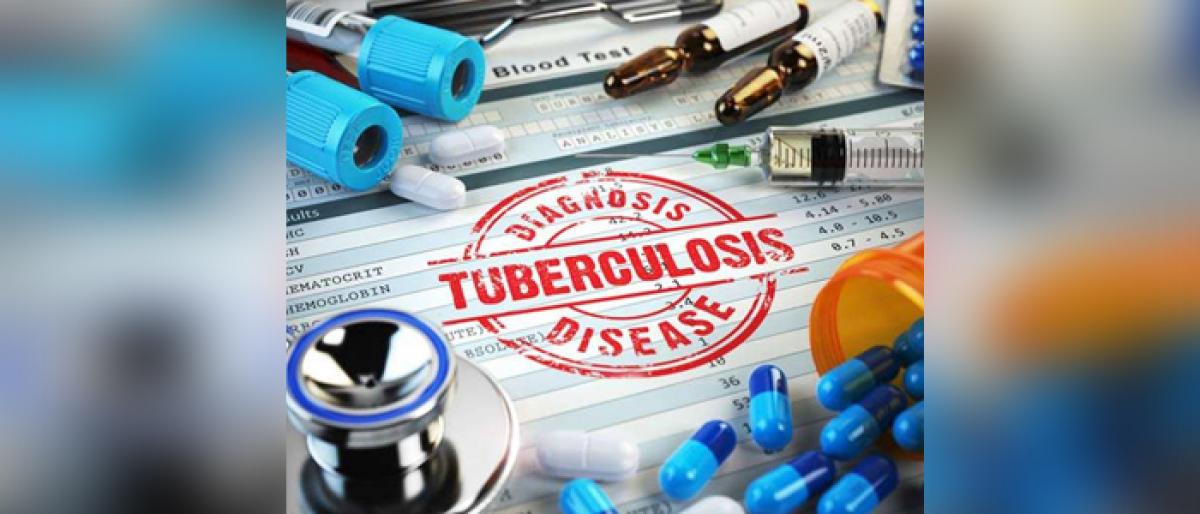
The member countries of the WHOs Regional Office for SouthEast Asia SEARO, including India, will meet in the first week of September to brainstorm on measures against vectorborne diseases and improving access to essential medicines
To discuss measures against all vector-borne diseases
New Delhi: The member-countries of the WHO's Regional Office for South-East Asia (SEARO), including India, will meet in the first week of September to brainstorm on measures against vector-borne diseases and improving access to essential medicines.
The meeting will be held in Delhi from September 3 to 7 to discuss priority health issues in the region, which is home to one-fourth of the world's population.
Health ministers and senior officials from the 11-member countries are expected to participate in the 71st session of WHO-SEARO.
It is the WHO's highest policy-making body in the region. WHO Director-General Dr Tedros Adhanom Ghebreyesus, WHO South-East Asia Regional Director Dr Poonam Khetrapal Singh and WHO Deputy Director General Jane Elizabeth Ellison will be participating in the meeting, along with representatives of a number of partner organizations and civil society.
"The meeting will deliberate on the existing and new opportunities for improving access to essential medicines, vaccines and medical products both within WHO South-East Asia Region and beyond, as one of the key initiatives towards universal health coverage," the WHO said in a statement today.
With the region prone to disasters and public health emergencies, WHO and member countries will discuss strengthening of emergency medical teams, an important initiative to fortify response capacities, it added.
"To address the significant increase in dengue cases in recent years, health experts will discuss measures against all vector-borne diseases, including chikungunya and zika.
"Building on the momentum created in the region in recent years to eliminate malaria, the member-countries will review key action points for further intensifying efforts to reduce its disease burden," the statement said.
The progress being made by countries to reduce newborn, under-five and maternal mortalities and the efforts to strengthen health workforce in the region are among the other key issues which will be discussed in the five-day meeting, it said.
"In addition, progress reports on promoting physical activity, intensifying routine immunization, improving civil registration and vital statistics and expanding the scope of the South-East Asia Regional Emergency Fund, would be made at the meeting," the WHO statement said.
The annual regional committee session is hosted by one of the 11 member-countries in the region or the WHO South-East Asia Regional Office.
This year's session is being hosted by the WHO South-East Asia Regional Office.


